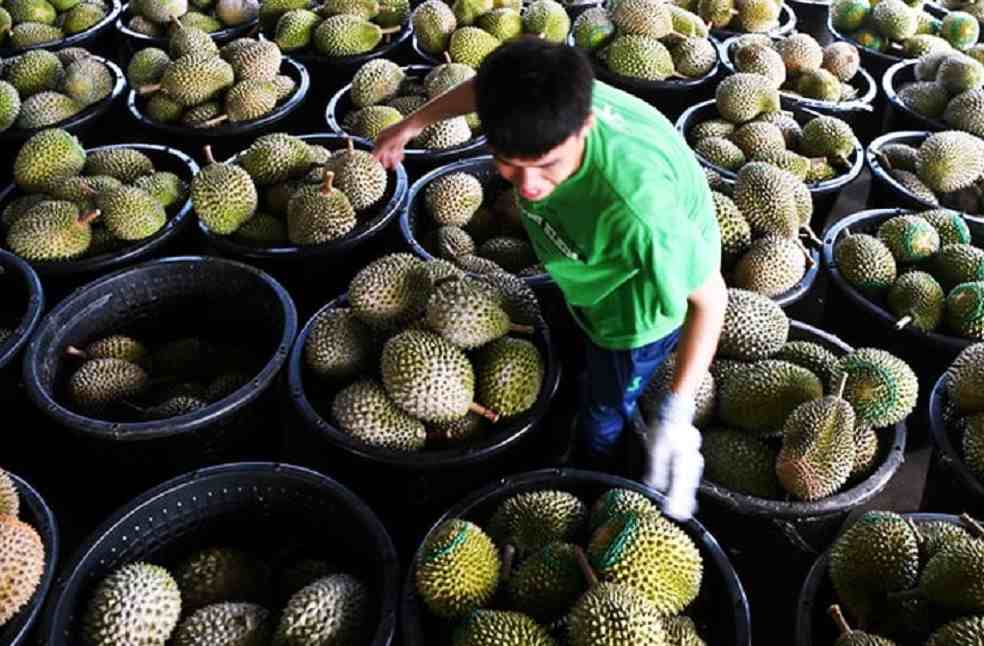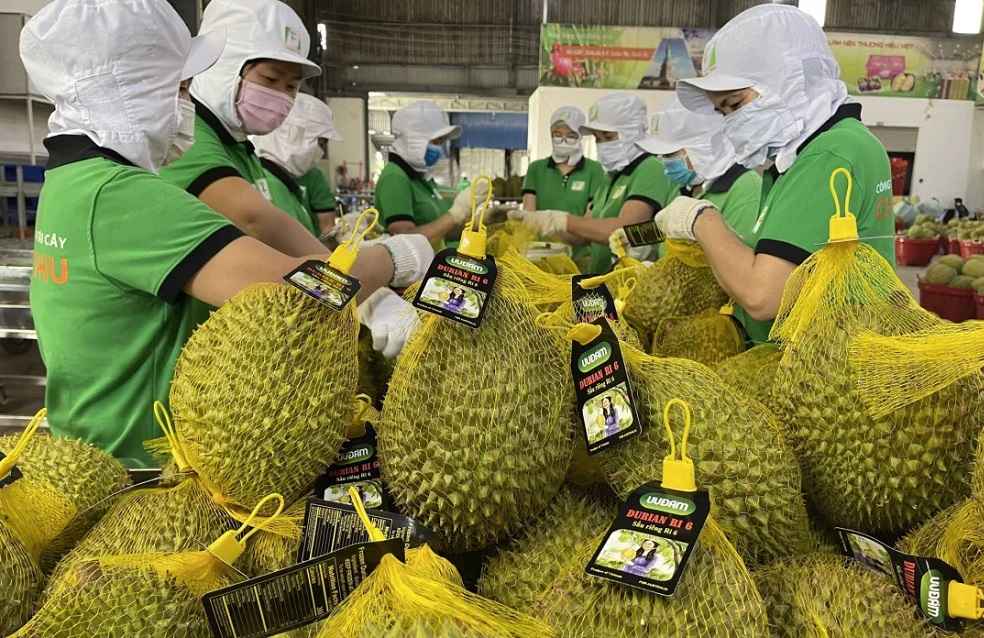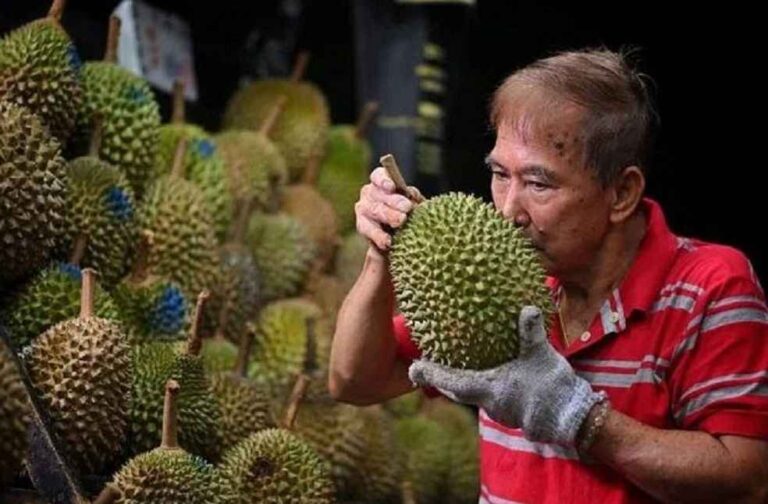During Premier Li Qiang’s visit to Malaysia, the two nations signed a groundbreaking agreement to export fresh Malaysian durians to China, celebrating half a century of diplomatic ties.
At the administrative capital of Putrajaya, Premier Li and Malaysian Prime Minister Anwar Ibrahim convened for discussions before witnessing the signing of numerous trade and economic agreements. These pacts aim to bolster collaboration across high-level manufacturing and the digital economy, signifying deeper economic integration.

A notable accord included a protocol facilitating Malaysia’s initiation of fresh durian exports to China, diversifying Malaysia’s market engagement. Since exporting durian pulp and paste in 2011 and frozen whole fruits from 2018, Malaysia’s durian export value to China has escalated from 170 million ringgit ($36 million) in 2018 to nearly 1.2 billion ringgit ($255 million) last year.
Premier Li’s journey to Malaysia, his first since 2015, follows visits to New Zealand and Australia, underscoring China’s initiative to bolster ties. Discussions also addressed the sensitive South China Sea dispute, with calls for bilateral settlement and dialogue.
Further agreements signed will enhance investments in digital and green economies, advance housing and urban development, and promote cultural, educational, and scientific exchanges.

Trade Minister Zafrul Aziz remarked that China remains Malaysia’s leading trading partner, with trade comprising 17% of Malaysia’s global total, valued at $98.8 billion last year. These agreements are expected to amplify this robust economic relationship.
Premier Li also engaged with King Sultan Ibrahim Iskandar and, with PM Anwar, initiated the East Coast Rail Link project, a crucial part of China’s Belt and Road Initiative. This railway, linking Malaysia’s western and eastern regions, was revived with reduced costs by the Chinese contractors after a pause due to a corruption scandal.
IMEX SECTOR | China’s Anti-Dumping Probe Threatens EU Pork Industry’s Export Stability



